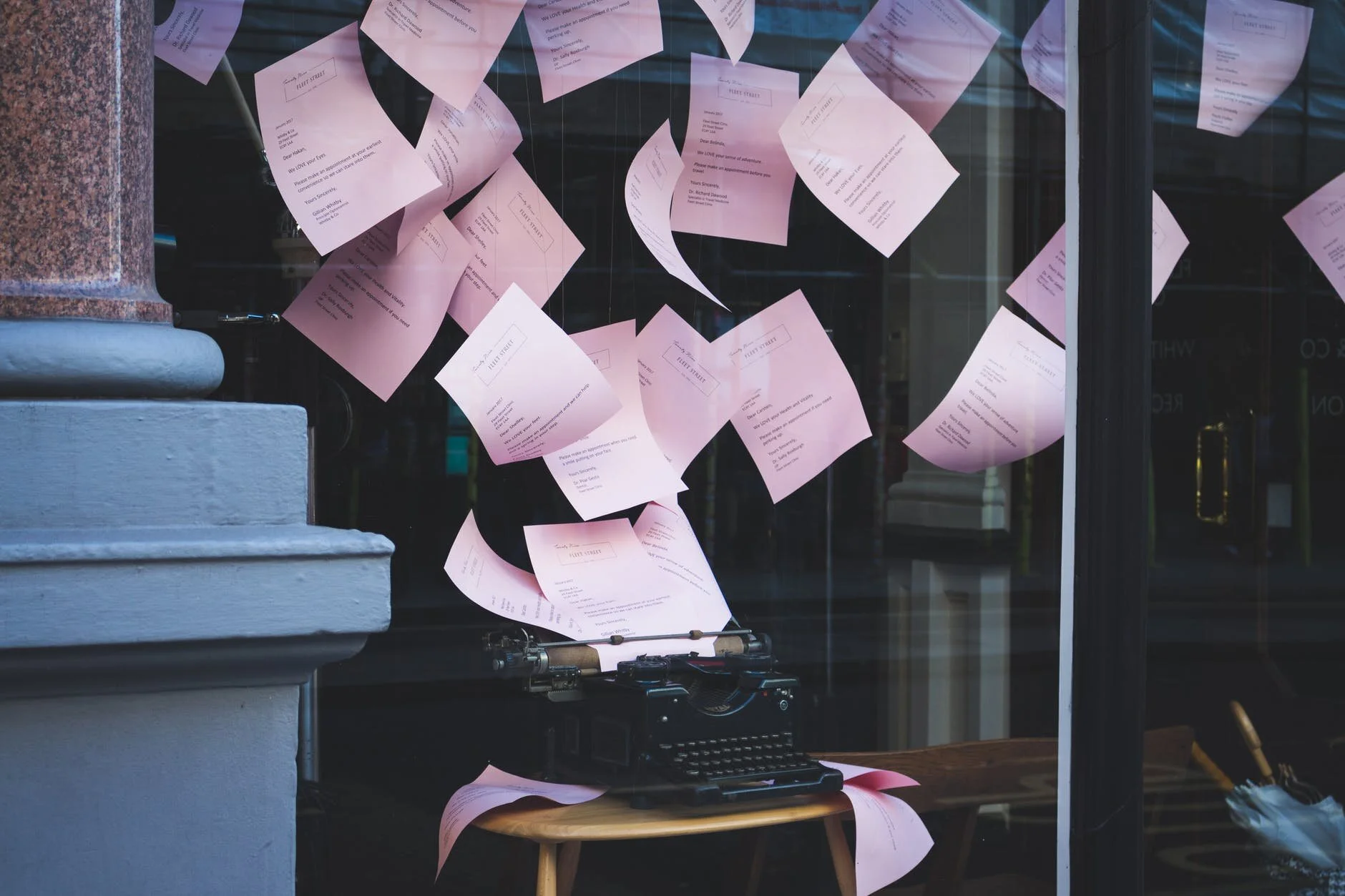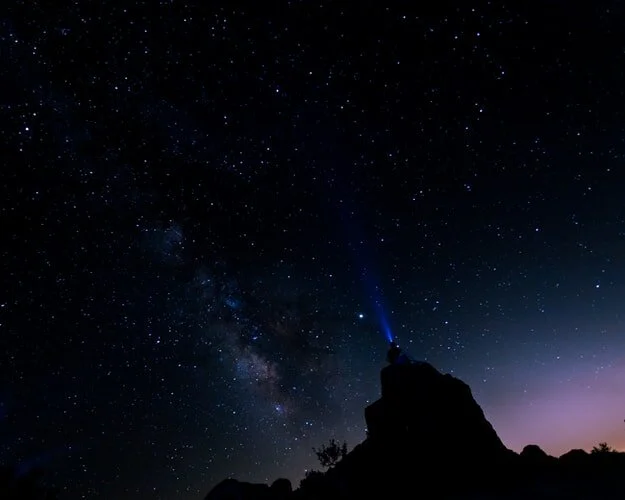Between the personalized pieces and the competitive publishing industry, the world of writing is emotionally draining by nature. It is so easy to get dispirited. While the ability to self-criticize helps you improve your craft, too much of it will harm your career as well as your mental health. That’s why it’s important to persevere despite all of your insecurities.
A Writer's Purpose
Often times when I tell people that I am studying creative writing they reply with the ever awkward: “oh…” sometimes followed by a polite: “good for you!” I don’t think the reason that many people react this way to my degree is because they think that writers are stupid, I think that they just don’t understand what a writer’s purpose is. It may not be as well-known as an engineering or a nursing degree, but a writing degree (and all arts degrees for that matter) has a purpose, nonetheless.
Epic Momentum: A Review of Crito Di Volta by Marc Di Saverio
Should You Really Only Write What You Know?
How Do Writers Find Ideas?
Editing 101: Tips on Editing Your Own Work
Time on Your Hands and No Motivation to Write? Read This!
Right now, many of us are finding ourselves with a lot more free time than usual. Now you might be like my mother who has no issues with staying at home and getting work done. But if you are like me, and have difficulty motivating yourself to be productive when on your own, then this article is for you.
How to Rediscover the Joy of Reading When You're Burnt-Out
I think it’s safe to say that all writers began as avid readers. Just as all painters look at other pieces before painting their own piece, all writers read the works of others before crafting their own work. You’d be hard-pressed to find a writer who has never enjoyed reading. From a young age I always loved to read. However, recently I have found myself not desiring to read as much as I used to. Fortunately, in my university program I am forced to read anyways, but without this imperative I know wouldn’t be reading nearly as much as I should be.
Learning to Put Yourself Out There
If you say that putting yourself out there doesn’t scare you at all, I’m sorry, but you’re lying. Whether you’re asking someone on a date, applying for a job, or submitting drafts to a journal, the possibility of rejection is always imminent and always terrifying. Keep reading to see what River Street’s Margaret Huntley has to say about putting yourself out there as a writer.
No Writer is an Island: The Competitive Nature of Writing
I am an insanely competitive person. I blame it on my older brother. He’s two years my senior, which was just young enough to play games with me but still old enough to be better than me at them all. This, of course, annoyed me to no end. To this day, I am constantly grappling with a desire to be the best at whatever I do and when I am not, I hate it.
Do What You Love and You'll Work Harder Than You've Ever Worked in Your Life
One piece of advice I’m sure everyone has heard at some point in their life is: “do what you love, and you won’t work another day in your life.” Phrases like this are part of the reason I decided to do my undergrad degree in creative writing. I have always loved to write. Over time, my notebook full of juvenile two-pagers developed into a laptop full of drafts, essays, and articles. While I am happy that I have the opportunity to pursue what I love as a career, I think statements like this are misleading. Doing what you love actually takes more work than you might think, especially when it comes to writing.
Greater Love: A Review of Lauren Carter’s Following Sea
Moving Forward, Standing Still: The Hubris of Public and Personal History in The Afrikaner by Arianna Dagnino
The Afrikanner by Arianna Dagnino is about as surprising as any contemporary post-colonial novel I could imagine. Though it's been many moons since I studied postcolonial literature during my undergraduate degree, I had an idea in my head about what this novel could be about: either a scathing condemnation of colonial power and abuses, or a narrative of apology for those abuses. The Akrikanner is neither.
Power Q & A with Elizabeth Greene
How to Become a Freelance Writer: Tips from the Trenches
Work Outfit Ideas…for the Home Office
Being Human: A Lesson in Limitations
There’s No Such Thing As Writer’s Block
Translation: Art or Science?
Is translation an art or a science? Do translators feel pain when they see results generated by the Google translate function, or are they really just dictionary-thumbing automatons? Can anyone really find a suitable synonym for 'muggle'? These questions - and more - explored by our resident linguistic interloper, Lauren Lewthwaite.
Power Q & A with Soraya Peerbaye
I've been on all sides of the granting process - an applicant, a juror, and a grants officer. My advice is, show the writing that most vividly illustrates the challenge of your project. This doesn't necessarily mean writing that is done. What I look for as a reader is something that's really crackling, that's alive with questions, experiments, potential - even if it's rough.





















